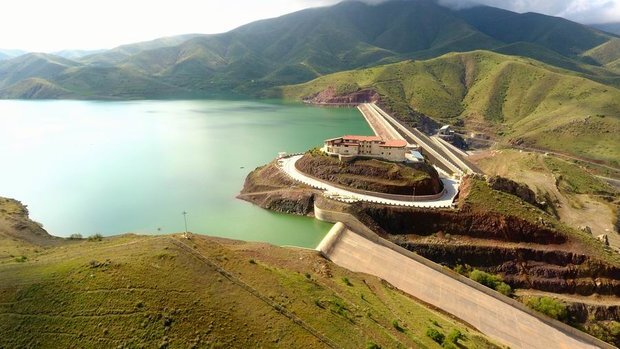Hydro tourism to be developed in western Iran

TEHRAN –The western province of Kordestan plans to boost its hydro tourism, the deputy provincial tourism chief has announced.
The water resources of the province offer a great opportunity to diversify Kordestan’s tourist attractions, Arman Vatandust said on Saturday, CHTN reported.
Dams and rivers across Kordestan province, with their unique scenery and special attractions, have great potential to grow and develop hydro tourism of the province, the official added.
It is necessary to attract investment and the participation of private investors for the development of tourism in the dams of the province, and this opportunity must be used for the prosperity of hydro tourism with care and principle, he noted.
In March 2021, Deputy Energy Minister for Water and Wastewater Affairs Ghasem Taqizadeh Khamesi announced that 30 dams across Iran have been planned to be turned into tourist destinations.
A total budget of 1,300 billion rials (some $4.3 million) has been allocated to develop the tourism infrastructure of the dams, the official said.
Water tourism of the dams is estimated to generate 3,000 direct jobs when fully operated, he added.
The official also noted that 182 national dams have been built in the country, most of them have the potential to be tourism destinations.
Back in May 2019, the Ministry of Energy inked a memorandum of understanding with the Cultural Heritage, Tourism, and Handicrafts Ministry to lay the ground for launching dam tourism.
Though much of Iran is composed of arid and semi-arid lands, the country has many rivers, waterfalls ponds, and wetlands offering scenic vistas to nature lovers and eco-travelers, backpackers, birdwatchers, and fishers.
Hydro tourism or water tourism involves traveling to places specifically to take part in water-based activities. Some individuals who do not wish to partake in water-related activities embark on water tourism trips so that they can visit tourist sites that sit close to bodies of water such as lakes, rivers, dams, oceans, etc. Water tourists are regularly independent travelers, although some travel businesses do organize group trips.
While water tourism often includes active chases, some water tourists visit islands and shore regions to join more relaxed pursuits such as diving or swimming. Travel businesses organize tours of coral reefs and arrange for local tour guides to preside over excursions on which travelers can swim with local marine life such as dolphins or even sharks. Some tour operators also cater to families who are primarily focused on swimming and tanning rather than interacting with aquatic life.
Water trips occasionally involve inland destinations such as lakes and rivers. Holidaymakers can sail or swim on lakes while many rivers are ideally suited to white water rafting. Additionally, some leisure businesses operate water parks that contain swimming pools, water slides, and areas for kayaking or canoeing.
The name Kordestan refers to the region’s principal inhabitants. After the Turkish invasion of Iran in the 11th century CE (Seljuq period), that name was given to the region comprising the northwestern Zagros Mountains.
It was during the reign of Abbas I the Great of Iran’s Safavid dynasty (1501–1736) that the Kurds rose to prominence, having been enlisted by Abbas I to help stem the attacks of the marauding Uzbeks from the east in the early 17th century.
ABU/MG
Leave a Comment